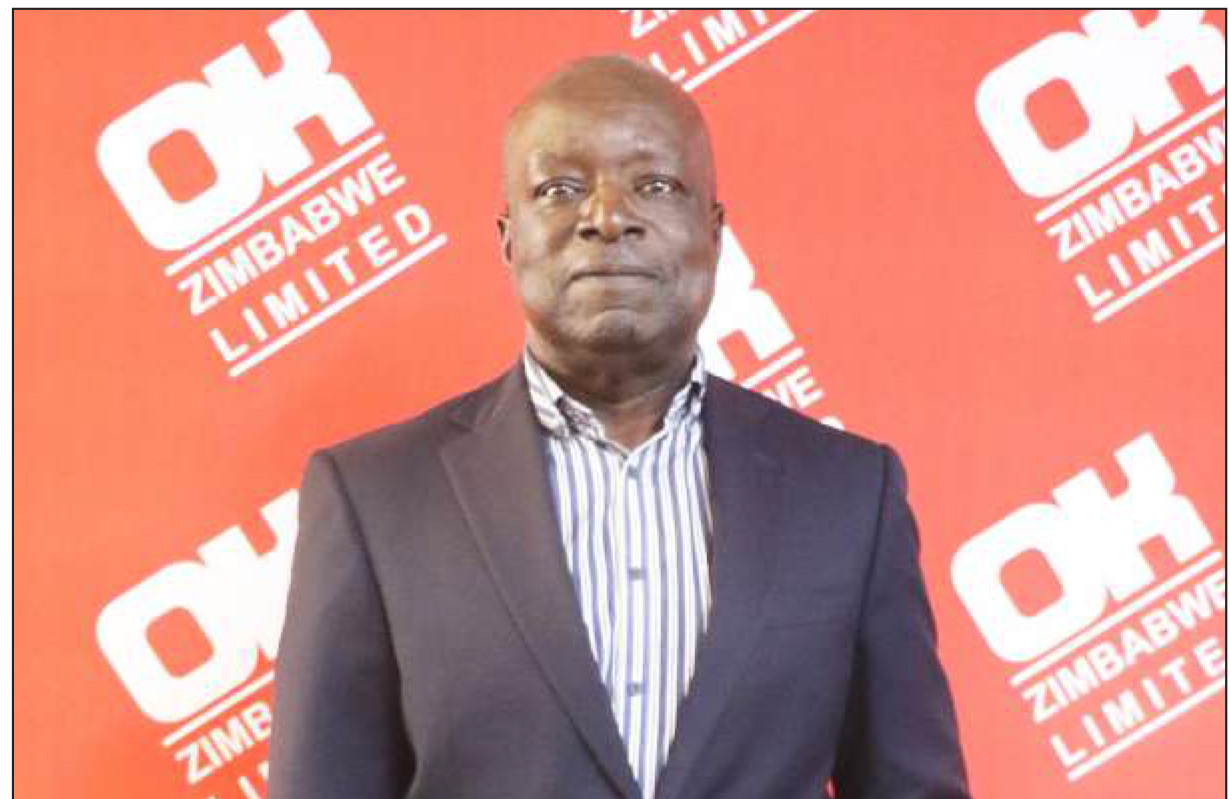By Tahir Amin | Sohail Sarfraz
Copyright brecorder

ISLAMABAD: The State Bank of Pakistan (SBP) highlighted the country’s transition towards a cashless economy, with plans to digitize all payments by the federal and provincial governments by June 2026.
All government-to-person and person-to-government payments would be converted to digital platforms by the end of June 2026. This was revealed by SBP officials while briefing the National Assembly Standing Committee on Finance and Revenue,which met here on Thursday under the chairmanship of Syed Naveed Qamar.
Chairman of the Federal Board of Revenue informed the committee that the government has removed the 5 percent tax it had introduced in the budget on foreign tech companies and online platforms for supplying digitally ordered goods and services.
Digital payment methods: Pakistan govt approves huge subsidy for SBP
The Governor of the State Bank of Pakistan briefed the committee on the country’s digital payments ecosystem, outlining the existing infrastructure, progress made, and key trends undertaken in this field.
He highlighted Pakistan’s transition toward a cashless economy, with plans to digitize all federal, provincial, and local government payments, including state-owned enterprises, by December 2026. The Governor outlined the successful launch of Mashreq Bank’s digital operations in Pakistan, completed within 12 months compared to the usual 5-year timeline elsewhere, with its global middle office now based in the country.
He also informed the committee that five new digital banks had received in-principle approvals, while the current infrastructure supports 226 million accounts and 46 million RAST IDs nationwide. The Governor added that 88 percent of retail transactions are now digital, with ongoing efforts to further increase transaction value and strengthen security measures, including a liability framework for banks and a two-hour transaction cooling period. The committee was also informed that MDR @0.5 percent has been withdrawn, and the government would pick up the cost.
The Governor highlighted the State Bank’s initiatives to promote innovation, consumer protection, and cybersecurity, while also pointing out challenges such as low financial literacy and regulatory gaps. He assured the committee of the bank’s continued collaboration with stakeholders to build a modern, secure, and inclusive digital payment system.
The committee’s chairman called for the digitization of payments and social protection systems, particularly through digital wallets to replace branchless banking, enabling beneficiaries to access funds directly with multiple withdrawal options. The Minister of State for Finance and Revenue updated the committee on the Prime Minister’s cashless initiative, supported by three subcommittees working on digital payments innovation and adoption. The committee discussed the roadmap ahead, underscoring the role of digital financial services in financial inclusion, transparency, and economic growth.
According to SBP data, Pakistan’s payment infrastructure has expanded significantly, with 96 million mobile banking app users and 17 million internet banking users. The ecosystem is supported by over 19,000 bank branches, 20,000 ATMs, and 700,000 branchless banking agents nationwide. Digital commerce continues to grow, with around 195,000 point-of-sale (POS) machines, 9,500 online merchants, and 850,000 QR and wallet merchants.
Unveiling its Vision 2028 for Digital Payments, the SBP said its mission is to digitize all payments in Pakistan through a robust, ubiquitous, reliable, and customer-friendly ecosystem. The central bank’s priorities include encouraging innovation, ensuring effective oversight of digital financial services, developing a strong legal and regulatory framework, digitizing government payments, and facilitating cross-border integration.
The SBP also emphasized that robust infrastructure and innovation are critical to achieving nationwide adoption. The central bank said the strategy aligns with government plans to fully digitize federal and provincial payments by June 2026 and state-owned enterprises (SOEs) by December 2026.
Officials noted that digital transformation of payments will not only enhance financial inclusion but also reduce reliance on cash, improve transparency, and boost efficiency across the economy.
The SBP presented a roadmap for the digitization of government payments. The Deputy Governor of the SBP said that all federal and provincial government payments would be digitized by June 2026, while payments of state-owned enterprises (SOEs) would be fully digitized by December 2026.
He noted that two banks have already launched digital banking, with Mashreq Digital Bank starting operations in record time. Minister of State Bilal Azhar Kayani said Mashreq had hired 400 staff and deployed teams across 19 cities, with services to be offered nationwide.
The Prime Minister has also formed a committee to oversee progress in digital payments. The central bank stressed that the initiative aims to promote financial inclusion and expand digital transactions across the economy.
The Committee considered “The Corporate Social Responsibility Bill, 2025”, moved by Dr. Nafisa Shah, MNA.
On the CSR Bill, Qamar said the committee was seeking a middle ground. A sub-committee had already been formed, and its recommendations would be discussed further before being brought back to the main panel.
Chairman SECP briefed the committee that out of 447 companies, 315 carried out CSR activities in 2024, with 116 firms spending Rs22 billion. However, 199 companies failed to provide details, while 100 did not spend on CSR at all. He stressed that while CSR is a responsibility, the law does not currently mandate specific spending. The draft bill, however, proposes penalties of up to Rs1 million for non-disclosure.
Members observed that the SECP’s briefing suggested CSR should be made mandatory, though the Business Council and Overseas Chamber had objected to such compulsion. Minister of State for Finance Bilal Azhar Kayani remarked that the mandatory versus voluntary debate should be taken up in a separate session.
The SECP chief further informed the committee that 29 companies undertook CSR in 2024 despite reporting financial losses. Members including Bilal Azhar Kayani urged that firms be bound to disclose CSR expenditures in detail.
During the discussion, committee member Javed Hanif pointed out that corporate tax stood at 54 percent, questioning how firms could allocate further resources to CSR under such high taxation. FBR officials responded that CSR expenditures qualify for tax credits and charity spending is exempted from taxation. The Minister of State for Finance added that the petroleum sector alone spent Rs3.9 billion on CSR in 2024.
After deliberations, the Chair directed the Minister of State for Finance and Revenue to convene a consultative meeting with Mover Dr Nafisa Shah, Zeb Jaffer MNA, the Finance Secretary, and the Chairman of the SECP in order to build consensus on the Bill.
The Committee further instructed that the Ministry, along with the SECP, should present their respective recommendations and well-structured proposals before the Committee in the next meeting so that the Committee proceed effectively with the legislative process.
The Committee also considered “The Parliamentary Budget Office Bill, 2025,” (Private Member’s Bill), Moved by Rana Iradat Sharif Khan, MNA, and appointed a Sub-Committee with the following Composition and Terms of Reference:
The Sub-Committee will review” The Parliamentary Budget Office Bill, 2025” (Private Member’s Bill), Moved by Rana Iradat Sharif Khan, MNA and submit its report in 30 Calendar days.
The Committee deferred briefing on the new Electric Vehicle Policy to its next meeting of the Committee. The committee chair recalled that the EV policy was approved during the budget process, with the understanding that amendments could be made if required. He noted that a fresh briefing would only be useful if the Special Assistant to the Prime Minister on Industries and the Secretary of Industries and Production ensured to appear before the committee.
Copyright Business Recorder, 2025



